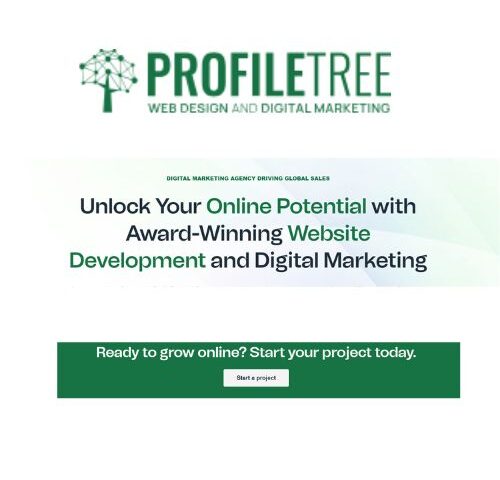When developing a keyword strategy, you need to ensure you are looking at it from a customer-first approach. Before you can even step into the rest of your SEO plan, you need to conduct your keyword research to find the keywords that are relevant to you. This is essentially a list of words and phrases that your website visitors will type into a search engine to find your product or service. It’s beneficial to look at your keyword research based on your business’s niche, demographic, competitors and search volume.
At this part of the process, many people get lost trying to wade through mountains of data, so you may want to enlist the help of an SEO agency in London to lend a helping hand. Here is a little tip: always think of the customer first.
It’s crucial to look at your keyword research from a customer-first view. If you look at keywords solely by what is relevant to your business, you are setting your SEO plan up to fail before you even start.
So think, who are your customers?
Take the time to think about who your customers actually are and use this to build a customer persona for each section of your target market. Doing this will allow you to see a clearer picture of your perfect customer. Once you have a clear vision, it will make your life easier when conducting keyword research, writing your website copy or blogs and also tailor your visual content to appeal to this persona. You can make your customer personas as top-level or in-depth as you want them to be based on what you are trying to sell.
Take a look at our list of recommended questions below to help you build your customer persona:
- What gender is my ideal customer? Am I targeting all men, all women or both?
- What is the age of my customer? What is the range that would engage with my offerings?
- Where does my customer live?
- Is my ideal customer single, married, divorced, or partnered?
- What does my customer do for a living?
- What is the average income for my ideal customer?
There are so many more questions you can ask about hobbies, family life etc., but again, this depends on how detailed of a persona you want to build for yourself.
What are my customers looking for?
Once you have built your ideal customer persona, you can clearly put yourself in their shoes. With that customer’s pain points in mind, start asking yourself what they would ask search engines when searching for a product or service like yours. This will help you identify the keywords and phrases that offer solutions and provide you with more qualified leads and generate higher conversions.
Brainstorming the queries that your customers would search for from their perspective, you start to have ideas of the content you can create to help rank for these various search terms. Also, taking a look at the keywords in search engines can show you the types of content your competitors have provided for these search terms so you can go above and beyond to provide better content than them for your customers.
Why are your customers searching?
Being able to understand the user’s intent will make all the difference to the success of your website. For example, if your ranking for the phrase “how to make a cheesecake” but your website is directing this person to buy a cheesecake, they will lose interest and leave your website. This is similar with broad keywords such as “red trainers”. There is no intent included in this keyword, and it can make it very difficult to rank for this term. Whereas “buy red trainers for running” shows the intent to purchase a specific colour and type of shoes.
User intent can typically be broken out into three categories:
- Informational: Where someone is looking for information about a subject. E.g. How to make a cheesecake
- Transactional: Where someone is looking to make a purchase. E.g. Where to buy a cheesecake
- Navigational: Where someone is looking for a specific place, site or resource. E.g. Cheesecake in London
The best keyword strategy will have a mixture of all three types of keywords, as you may have customers looking to purchase, find information or find something specific. When building your keyword strategy, it’s essential to label the user intent from that keyword so you can tailor your content to the type of intent and provide a better user experience for your customers, which, in turn, leads to higher conversions.
Wrapping up
When it comes to your online marketing and SEO strategy, you always need to consider your customer first. They are the people you want to connect with to build your business, and so you need to keep them happy. If you take action without considering your customer, the fallout could be catastrophic to your business reputation and profits. This is why, and we cannot stress this enough, your customers should be at the centre of every marketing plan and action you make.









